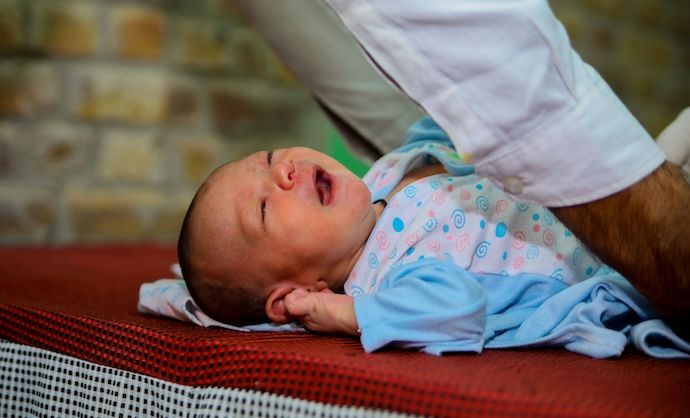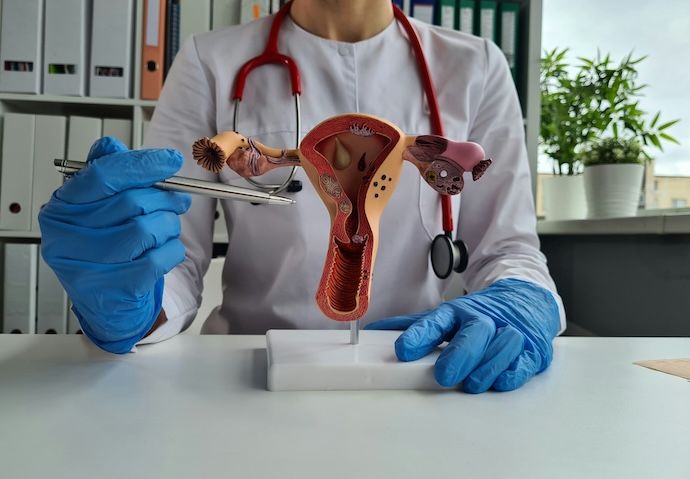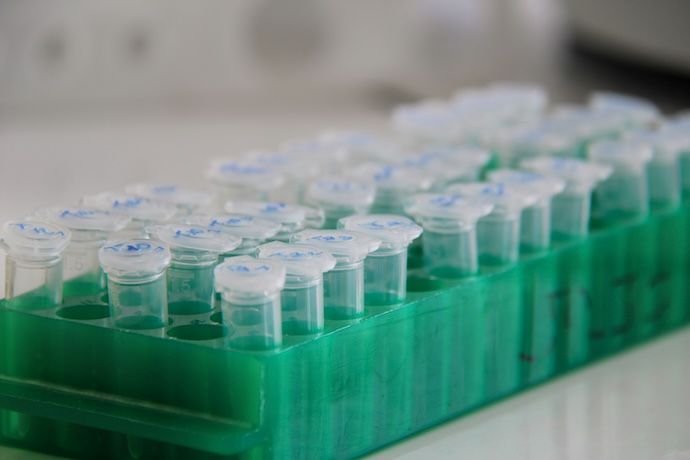Pakistan’s Maternal Health Crisis Spurs National Reform
Pakistan launches major reforms to reduce maternal and newborn deaths, with new midwifery degrees, nutrition campaigns, and international support.
Pakistan is facing one of the most urgent public health crises in South Asia. Every day, 27 women and 675 newborns lose their lives—mostly from preventable causes. This stark reality, recently presented before the National Assembly, has prompted the Pakistani government to initiate broad reforms aimed at strengthening maternal and newborn health systems. Backed by international partners including the World Health Organization (WHO), UNICEF, and the United Nations Population Fund (UNFPA), these reforms focus on training, community engagement, and institutional capacity-building.
Central to the initiative is a nationwide upskilling program for healthcare professionals. Doctors, nurses, and frontline health workers are being trained in pregnancy management, childbirth procedures, and neonatal interventions. The effort is part of the Integrated Management of Newborn and Childhood Illnesses (IMNCI), an evidence-based strategy aimed at reducing mortality rates by improving care quality.
A milestone within this agenda is the launch of Pakistan’s first four-year Bachelor of Science in Midwifery at the Health Services Academy in Islamabad. Supported by WHO and UNFPA, this program seeks to professionalize midwifery services and address workforce gaps, especially in rural and underserved areas. These new graduates are expected to deliver skilled care where it is most urgently needed.
In parallel, the government has launched a national campaign titled “NourishMaa,” targeting maternal malnutrition and promoting healthier behaviors during and after pregnancy. The campaign integrates provider training with community-based counseling to encourage early engagement with healthcare systems. It also aims to address cultural norms that often prevent women from seeking timely care.
Reproductive health services are being expanded through federal training initiatives, equipping medics and paramedics with knowledge in family planning, postpartum contraception, and holistic reproductive care. This reflects an integrated approach to maternal health that recognizes the importance of nutrition, education, and access to primary care.
 Photo by Assad Tanoli
Photo by Assad Tanoli
Policy coordination is also underway. The Pakistan Maternal Nutrition Strategy (2022–2027) has been introduced to combat widespread nutritional deficiencies among women of reproductive age. In addition, a newly formed National Technical Working Group on Maternal and Newborn Health has been tasked with aligning efforts across ministries and development partners.
Institutional reform is accompanied by investment in research and training. The Maternal and Child Health Department at the Health Services Academy is being expanded to focus on preventive care models and system adaptation in response to Pakistan’s complex healthcare landscape. Its mission includes embedding healthcare delivery within community settings.
Partnerships with global agencies remain vital. Support from WHO, UNICEF, and UNFPA plays a key role in enhancing infrastructure, improving data systems, and expanding access to life-saving services. These collaborations are especially critical in addressing Pakistan’s high stillbirth rates—over 190,000 per year—highlighting the scale of the challenge ahead.
The National Assembly recently underscored both the gravity of maternal and neonatal mortality and the breadth of the government’s response. The new policies and programs reflect a strategic shift from reactive to preventive care.
Ultimately, these reforms signal a long-term commitment to systemic change. By combining technical training, policy innovation, international cooperation, and grassroots outreach, Pakistan is laying the groundwork for sustainable improvements in maternal and newborn health. The success of these initiatives will depend on sustained political will, institutional resilience, and the ability to reach the country’s most vulnerable populations.
Source: Minute Mirror





